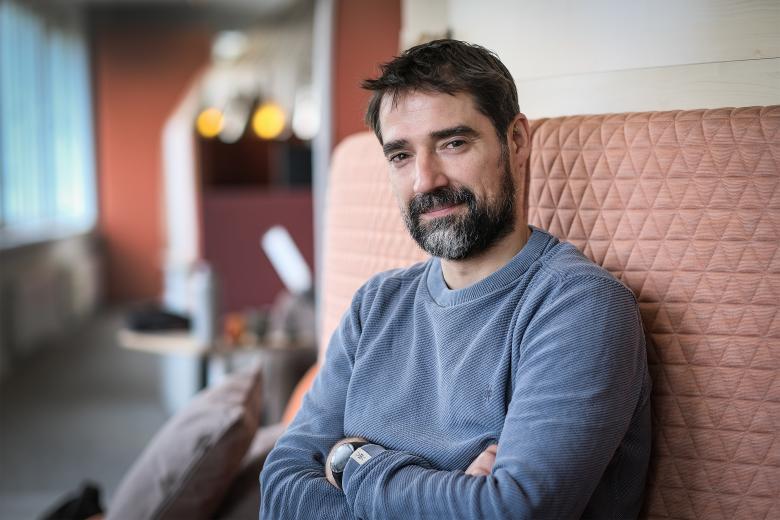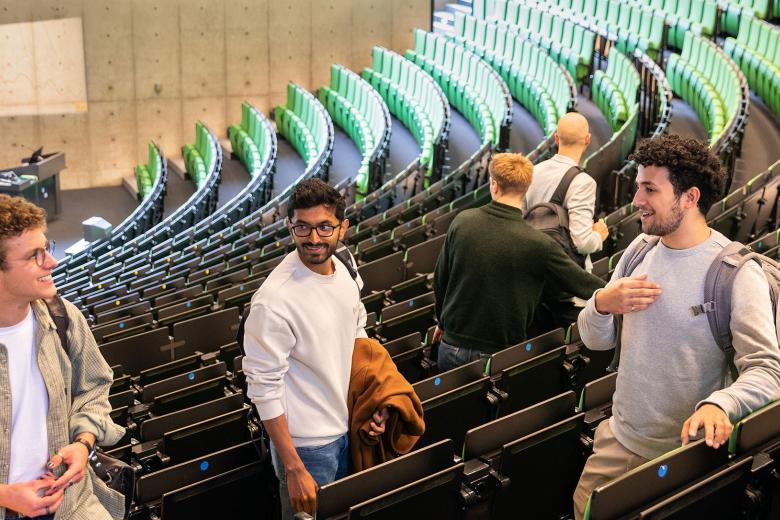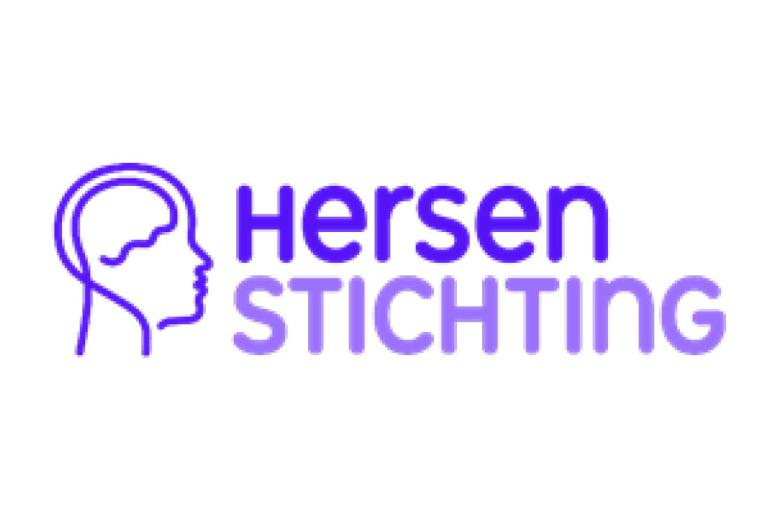Wim Riedel: link between university and industry
On 15 February he will bid farewell to his career at Maastricht University. Prof. Wim Riedel: Drummer, cyclist, pilot and Professor of Experimental Psychopharmacology at the Faculty of Psychology and Neuroscience (FPN).
Telepathy?
When he was about fifteen years old, Riedel was convinced that he had telepathic gifts. 'My naive perception was that in my life overtly chance things happened too often and I thought that I could find answers to this within psychology. To cut a long story short: I was eventually cured of that belief, amongst other things by psychology.' Looking back he can now see that it was an effort to give meaning to his impressions and perceptions. 'When I was fifteen, I thought the idea that I could read your thoughts was really cool, as then I didn’t even need to talk to you.' However, firm scientific evidence for the phenomenon of telepathy was lacking. 'Perhaps telepathy was my roundabout way to try and find some truth or the existence of a higher power. Ultimately, however, science perfectly met my needs in that respect.'
Drugs & Driving
He started his degree in psychology at the University of Groningen. He was attracted by all of the experiments with large computers and other equipment, which he called the ‘playful character’ of experimental psychology. Now experimental psychology is known as cognitive psychology and it covers subjects such as perception, memory, language, et cetera. Riedel graduated with a minor in mathematical methods in the social sciences. In his third year of study, he was already active as a student research assistant; he was the number cruncher who processed all of the data.
Those skills led to his first job as a number cruncher at the Traffic Research Centre at the University of Groningen. Within the centre, a group led by Jim O'Hanlon was investigating the effects of drugs on driving behaviour. Riedel offered his services and travelled with the group to the Faculty of Medicine in Maastricht where he had also done an internship. From 1986 onwards, Riedel entered the world of investigating the effects of drugs on behaviour. First within Drugs & Driving and afterwards within psychiatry (where he also gained his doctorate).
Science and Industry
In 1995, the Faculty of Psychology (now FPN) was established in Maastricht and within FPN Riedel went on to profile himself as a lecturer. He and several colleagues were jokingly referred to as "lease lecturers" who worked for FPN but had their roots in the Faculty of Medicine. At that time, he had contact with companies in various industries as a result of which he learnt that there was still a lot to discover outside of the academic world. In 2002, he made the switch to the pharmaceutical industry where he focused on research into new medicines for disorders of the central nervous system, such as dementia schizophrenia, depression, sleeping disorders, anxiety disorders, autism, Parkinson, et cetera.
For ten years he worked at two large companies (GlaxoSmithKline in Cambridge and Roche in Basel). Companies of this size have multiannual programmes to learn more about a certain disorder and to develop drugs for this. The process from the first study to the moment when a new drug enters the market takes about fifteen years on average. At a certain point a drug comes out the preclinical selection phase and then its effectiveness in people must be examined. ‘I have always worked in that stage, when the drug is first administered to people and patients. It has given me the chance to be involved in large research programmes and understand how the entire process works.'
Win-win
Before he made the switch to the pharmaceutical industry, Riedel was made a professor by special appointment at FPN. This enabled him to make a connection between industry and the university. 'Some research within the pharmaceutical industry can be carried out well by PhDs at universities. And, of course, you can organise that far more easily if you already have your foot in the door at the university. I see that as a win-win situation.' The focus of his professorship by special appointment was the exchange of knowledge and experience between the university and industry. 'In essence, this concerns the question as to whether there is a way to mix the research knowledge from the university with practical objectives from industry. Nowadays we call that valorisation.'
Full circle
Nevertheless, the university continued to exert a pull on Riedel, especially when there was talk at FPN about a pharmacy specialisation within the Research Master in Cognitive and Clinical Neuroscience. 'I believe that was quickly realised due to my availability.' The final outcome was a specialisation Drug Development and Neurohealth in 2016, which Riedel had become the coordinator of a year earlier.
'The start of the programme was perhaps even better than I had hoped for: everyone in the first group graduated successfully. I think that the secret behind this success is the connection we sought between four medical groups and the group of psychologists. Psychopharmacology at FPN forms the core of the programme, but we also collaborate with pharmacology, toxicogenomics, the pharmacy and the group translational neuroscience at the Department of Psychiatry. It is a genuinely multidisciplinary programme. Riedel also feels that he has come full circle because all of his knowledge, experience and passion for his subject have now been brought together in a fantastic study programme. Now it is time for his hobbies, which in random order are cycling, flying and drumming.
The valedictory lecture of Prof. Riedel, entitled “Drugs or Brains. Who Obeys?” on 15 February at 16.00 hours is open to the public. Location: Minderbroedersberg 4-6, Maastricht. During his valedictory lecture, he will further detail his work and experiences at Maastricht University.
Also read
-
Mimic the true nature of tissues by building complex in vitro models
Paul Wieringa (MERLN) works on innovative models to study endometriosis and the fallopian tube.

-
Vacancy: Farm-to-table Chef-designer-researcher
The Research, Education and Action Lab into Collective and Circular Transformation (REACCT) is looking for an experienced chef with a strong interest in research, farm-to-table experimental practices, and building design (two year part-time position).

-
BRAINS Consortium Awards Two New Research Projects
The BRAINS consortium has awarded two new research projects, bringing the total number to five.
